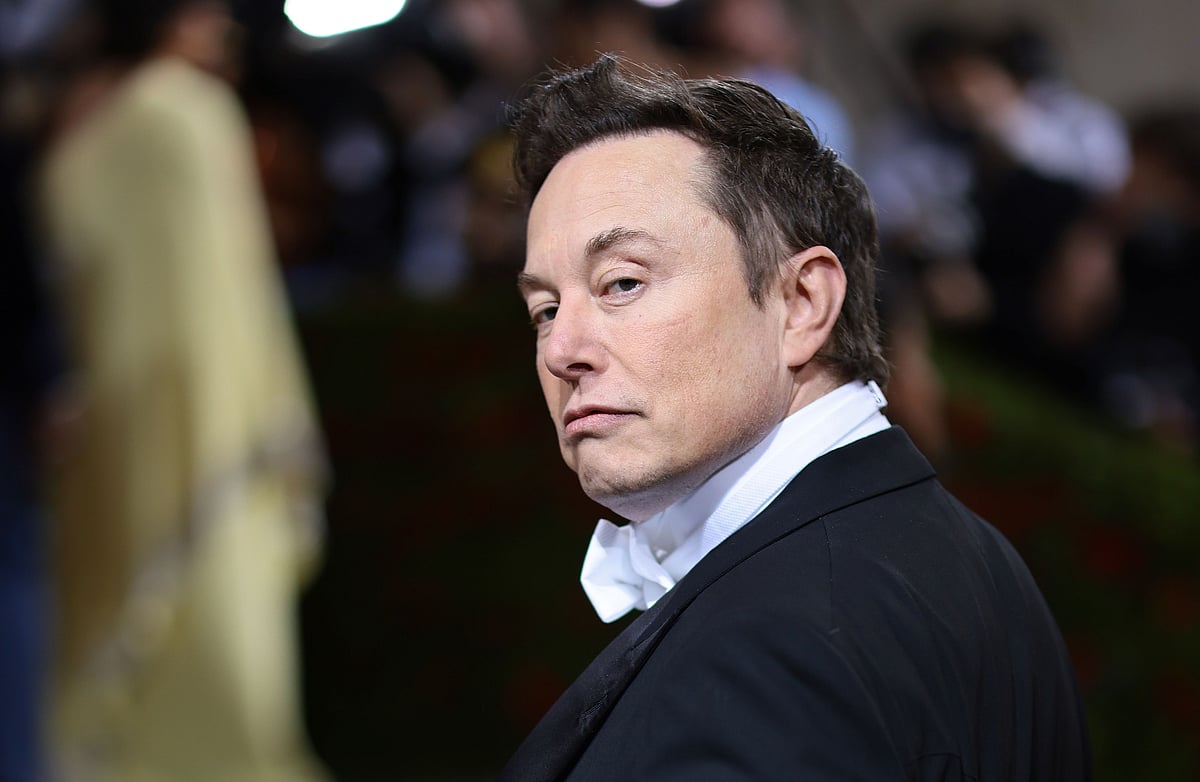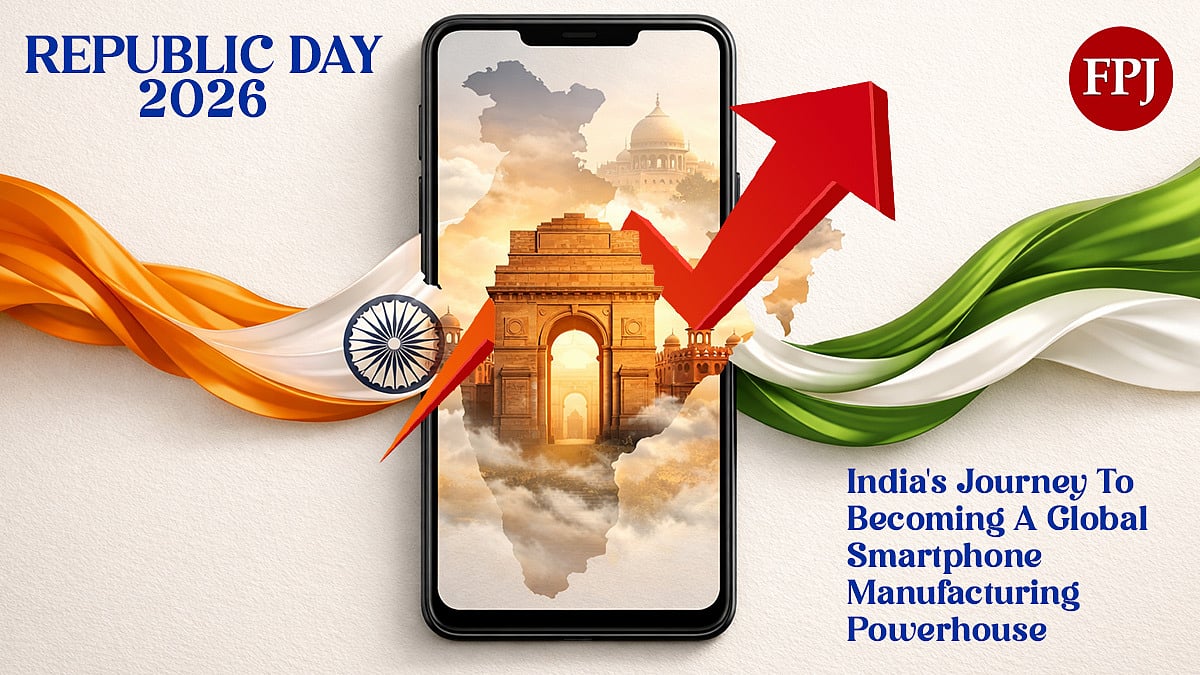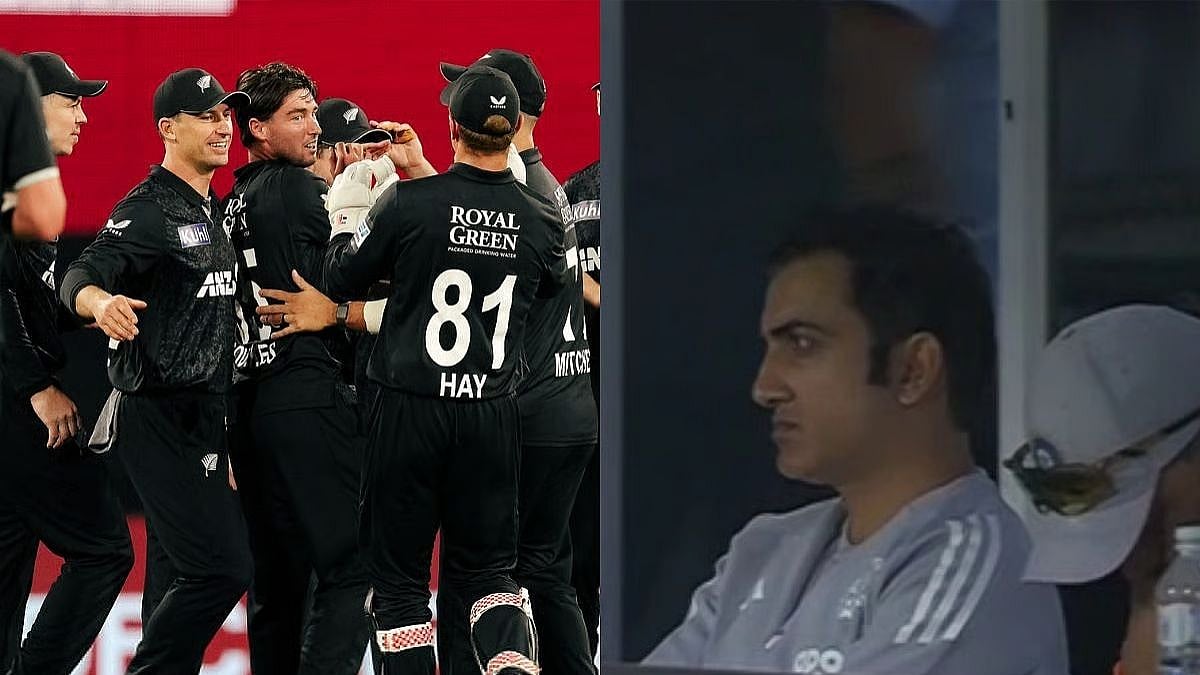Did the indefatigable and ebullient Elon Musk score a pyrrhic victory by wresting Twitter, the microblogging social media platform, from its founder Jack Dorsey with a preemptive and mind-boggling price of $44 billion? Fortune magazine says it is a case of gross over-valuation and deserved not more than $25 billion.
Mergers and acquisitions literature is awash with chastening and sobering tales of the winner’s curse, which is what an acquisition deal turns out to be in hindsight when one pays more for the target than it deserved. But then, the takeover of Twitter by Mr Musk perhaps is a unique case — a winner’s curse striking almost immediately, and not in hindsight a couple of years later as is normally the case. Be that as it may.
Winner’s curse is not something new. Indians may by and large be aware of the comeuppance that another ebullient entrepreneur, Vijay Mallya, received. In his unstoppable desire to dominate the Indian skies, Mr Mallya paid Captain Gopinath rather generously, three times the true worth, for handing over the controlling stakes in his Air Deccan. That turned out to be his nemesis. His Kingfisher Airlines became a financial stretcher case and had to be grounded. Unable to service the loans taken by his company from public sector banks including through what Prime Minister Narendra Modi derisively calls phone banking, he had to flee to London. He has had the dubious distinction of being the first to be declared ‘fugitive’ under the newly minted Fugitive Economic Offences Act, 2018 and faces the grim prospect of being extradited from his hideout.
In 2007, Tata Steel almost courted the winner’s curse by acquiring the Anglo-Dutch steel major Corus Steel for a stunning price of $12 billion. But those European operations had been an albatross on the group right from the day the deal was consummated. Vexed, the Indian group agreed last autumn to merge that operation in a joint venture with Germany's ThyssenKrupp. It was as if the Tatas were recklessly caught in the vortex of competitive bidding to worst Brazilian steel major CSN by 5 pence — Tatas quoted 608 pence as against 603 pence per share of Corus. Those in the know say it was a familiar bait and ruse used cunningly in competitive bidding — ramping up the price a shade over the counter-bidder, knowing that the counter-bidder is hell-bent on being the winner, come what may. The Tatas fell for the bait hook, line and sinker. It is also known to the cognoscenti that such cunning bidders are propped up by the seller.
What makes Mr Musk’s obsessive desire to acquire Twitter surprising is his almost post-haste discovery of the fact that Twitter was on the brink of bankruptcy. Did he ignore due diligence reports or did those who performed due diligence on Twitter ignore the warning signs? It is shocking that Mr Musk is suspecting the existence of ghost employees on the Twitter payroll even before the ink on the takeover deal has dried, again testifying to hasty purchase and perfunctory due diligence.
That Mr Musk has been on a collision course with Twitter employees by firing them left and right and rubbing the advertisers the wrong way might usher in his own contribution in hastening the winner’s curse playing out.
Winner’s curse, incidentally, is seller’s jackpot. It is not the first time Twitter founder Jack Dorsey seems to have laughed all the way to bank, laughing up his sleeve en route as well — last March he sold his first tweet, just setting up my twttr, for a whopping $ 2,9 million after converting it into a non-fungible token (NFT) — the next crypto fad after cryptocurrencies. The NFT, created and made fool-proof with blockchain technology, now has shed 99% of its value since it was coined. Mr Dorsey has been lucky twice over though the sale of the NFT was a mere starter.
Tech companies have always been difficult to put a value on. Perhaps that explains the poor due diligence and the generous price forked out by Elon Musk for Twitter. The same difficulty besets our market regulator SEBI. It has been at its wits’s end reining in the greed of tech companies while making their IPOs at phenomenal valuations that spells a winner’s curse of its own kind to retail investors looking for listing gains. Indian tech startup founders too have been laughing all the way to the bank at the expense of IPO subscribers in general and retail investors in particular. Indeed, the fortunes of tech companies are unfathomable. Mr Musk perhaps was taken in by claims of Twitter promoters that he should not go by the contents of Twitter’s balance sheet but instead should futuristically divine what is in store for it a few years down the line! In other words, he could be in for a double-whammy — winner’s curse piled on to poor due diligence! One wishes him well, though. He backed the right horse — electric cars, from which he made his fortune. He seems to have backed the wrong social media platform, though, just as he was wrong in reposing faith in Bitcoins in which he invested his personal wealth. He was also hell-bent on accepting Bitcoin for his company Tesla’s cars but mercifully was stopped by the possibility of a frown from the authorities in the US. Winner’s curse then is more about vanity than about poor assessment of the target company. Ratan Tata too had staked his everything, ignoring expert advice and warnings, in Nano — the small car that has foundered on the roads. But then, the saving grace for him was that it was Tata Motors’ baby and the losses from it haven’t stood out like a sore thumb.
The writer is a freelance columnist for various publications and writes on economics, business, legal, and taxation issues









